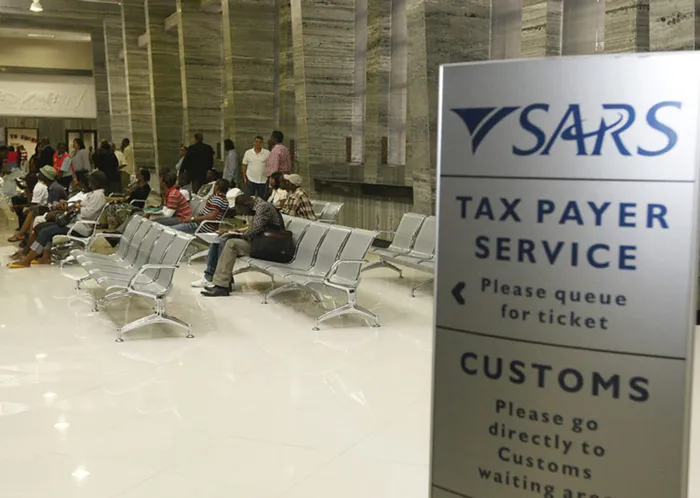SARS introduces expedited debt compromise process for taxpayers

SARS introduces a new expedited debt compromise process to assist taxpayers in managing long-standing tax debts effectively.
Image: File photo.
The South African Revenue Service (SARS) has announced a new Expedited Tax Debt Compromise Process to help taxpayers struggling with long-standing debts, while ensuring faster recovery of funds for the fiscus.
The move follows discussions between SARS and Recognised Controlling Bodies (RCBs), where both parties agreed on measures to make it easier for taxpayers to manage overdue obligations while keeping compliance central.
“SARS is always ready to assist taxpayers to fulfil their legal obligations,” SARS said.
“Taxpayers who owe tax debt may often find it difficult to settle their debt due to financial challenges. SARS has various mechanisms to collect outstanding debt.”
The expedited process, which will officially launch on October 13, 2025, is designed to address non-disputed tax debts older than 12 months.
According to SARS, the new mechanism is part of a “general alignment and commitment between SARS and the RCBs to find ways to recover debt rapidly within the provisions of the Tax Administration Act.”
Key exclusions apply. Entities undergoing final deregistration with the Companies and Intellectual Property Commission (CIPC), those facing criminal investigation, and businesses currently in rescue proceedings will not qualify. Applicants will also be required to submit comprehensive supporting documents.
“It is important that disclosures are accurate, failing which SARS may not even consider such applications,” the agency stressed.
Registered tax practitioners will play a central role in guiding clients.
“Tax practitioners registered with the RCBs can guide taxpayer clients on the requirements for the debt compromise, including supporting documents required in line with Part D of Chapter 14 of the Tax Administration Act,” SARS noted.
In an effort to make the process more efficient, SARS has pledged to resolve qualifying applications within four weeks, using “dedicated teams and enhanced workflow management.” Those who remain non-compliant or ineligible for the compromise will face enforcement.
“To make non-compliance hard and costly, such enforcement will include writs of execution of court judgments,” SARS warned.
The revenue service added that it will apply lessons from this pilot initiative to strengthen the broader debt-compromise system.
“Although this tax-debt compromise process will start with RCBs, depending on the results, SARS may later consider it for all taxpayers.”
SARS and RCBs also committed to a joint public awareness drive, including webinars and targeted communications, to ensure taxpayers understand the process.
IOL News
Get your news on the go. Download the latest IOL App for Android and IOS now
Related Topics: